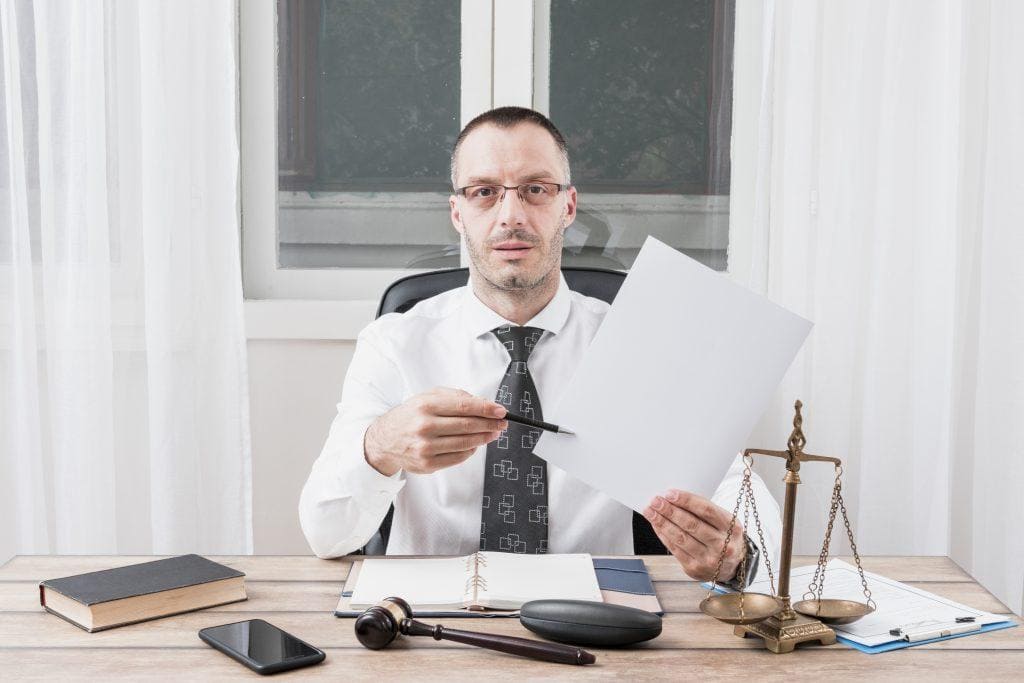
In Southern California’s coastal gem of San Diego, a city with over 1.3 million residents, youths face more than sunshine and surf. Known for its booming biotech sector, thriving tourism industry, and strong military presence, San Diego also maintains a firm stance on juvenile offenses.
Authorities act swiftly, and courts apply specific penalties based on age, intent, and severity of the act. Parents usually feel confused or alarmed when their child enters the justice system, especially when the stakes involve criminal charges, probation, or even detention.
To make informed decisions, families turn to a San Diego juvenile attorney with experience defending minors in court and protecting their future. This article outlines the potential charges a juvenile might face and explains how the justice system handles minors accused of misconduct.
Status Offenses
Status offenses refer to actions that violate laws because of the minor’s age. These actions remain legal for adults, but courts treat them as punishable when committed by minors. Common status offenses include:
- Truancy: Skipping school without a valid reason.
- Curfew violations: Being in public places during restricted hours.
- Underage drinking: Drinking alcohol before the legal age of 21.
- Running away from home: Leaving home without parental consent.
Courts rarely impose jail time for these offenses. Instead, judges issue community service, counseling programs, or probation.
Delinquent Acts
Delinquent acts mirror adult criminal behavior. When a minor commits one of these acts, the consequences prove more serious. Charges under this category include:
- Theft or burglary: Stealing from stores, homes, or vehicles.
- Vandalism: Damaging property, such as tagging walls with graffiti or breaking windows.
- Assault: Physically harming someone, even during a school fight.
- Drug possession: Holding illegal substances, including marijuana, in specific contexts.
- Weapon possession: Carrying firearms or other banned weapons on school grounds or in public.
These offenses lead to probation, restitution to victims, or commitment to juvenile facilities. Repeat offenses increase penalties.
Felony-Level Charges
Some acts trigger felony charges, which push the court to consider more severe outcomes. If a minor commits violent crimes like armed robbery, sexual assault, or attempted murder, the court may treat the case with adult-level seriousness. Judges review factors such as age, history of behavior, and evidence before making such determinations.
If prosecutors move the case to adult court, the minor may face prison instead of juvenile detention. A felony conviction at a young age can have a profoundly negative impact on future educational opportunities, job prospects, and housing prospects.
Traffic-Related Offenses
Minors who drive face legal consequences for speeding, reckless driving, or driving under the influence. Penalties may include fines, license suspension, or mandatory attendance at a driver improvement program. Courts treat driving under the influence as a serious offense, especially when it causes injury or property damage.
Probation Violations
Once a court places a minor under probation, it expects full compliance. Violating the terms, missing school, failing drug tests, or skipping counseling may result in harsher penalties or the revocation of the probation agreement. Judges may then order placement in a juvenile facility.
In summary, juvenile delinquency charges range from minor offenses, such as curfew violations, to serious felonies. Each carries real consequences that affect a young person’s present and future. Courts weigh the facts, prior history, and the nature of the offense before deciding on punishment. Parents and minors must act quickly and wisely when charges arise.